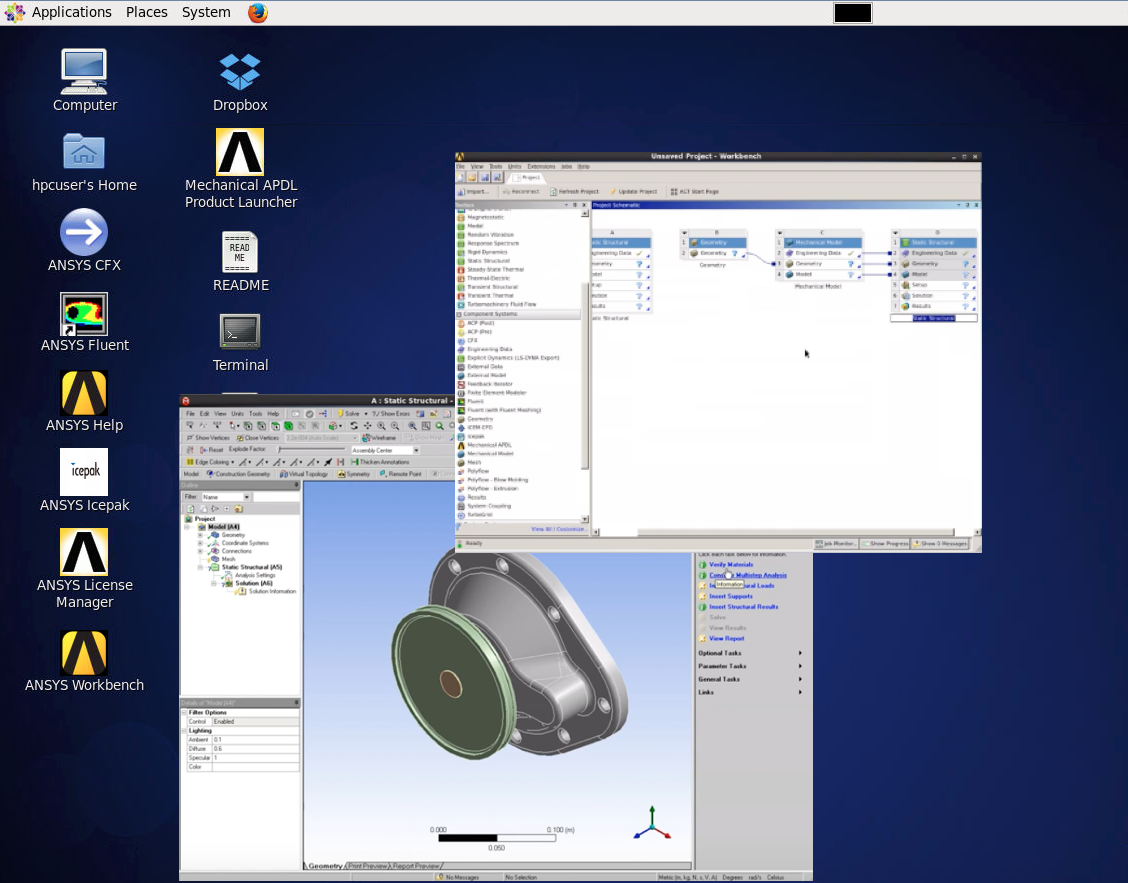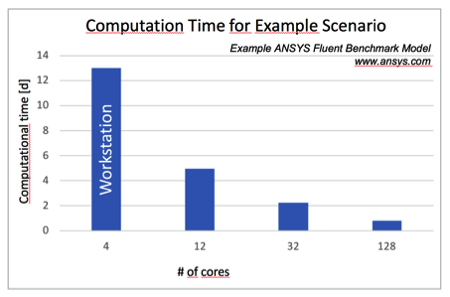Featured Blog

We are in the golden age of computing. Cloud is mainstream and anyone with a credit card can join the party. So you would think a high-value engineer at an enterprise would be all set, right? Not according to the data.

Personalized medicine has its roots in the human genome, but understanding our DNA is certainly not the only source of advancements in the field. Accelerated by cloud-based technologies, computational simulations are an ideal tool for personalized medicine.

Your product design engineers are now up against a High Performance Computer (HPC) running Computer Aided Engineering (CAE) simulation software to solve Computational Fluid Dynamics (CFD), Finite Element Analysis (FEA) problems to develop simulation driven product designs. With the help of HPC, your competitor is able to shorten their design cycles. They are able to iterate through design options faster to find the better designs.

Finally, after a long wait, High Performance Computing is now ready for your use in the cloud. And when combined with that other mega trend - the rise of machine learning - this portends a revolution in product development.

ANSYS offers a broad portfolio of simulation tools to tackle engineering challenges. Lots of these highly sophisticated simulations require high performance compute (HPC) capacities to run – and more and more engineers are taking these workloads to the cloud. But why?
In this Blog, we demonstrate the impact of computer simulations on personalized health care and present two recent research projects managed by UberCloud, aiming at living heart and brain simulations which have recently been rewarded with several prestigious international awards.

ANSYS Innovation conference featured exciting new use cases for the broad ANSYS portfolio

In case you are running large ansys simulations or need to solve lots of model variations it is worth to take a closer look at cloud hpc. You might end up saving a lot of time and … costs.

Competing opinions and inability to field test the experts’ hypotheses, PBBL Law, for the first time in their history, chose HPC modeling as the way forward. Read about how UberCloud helped with cloud HPC
Solutions
Product